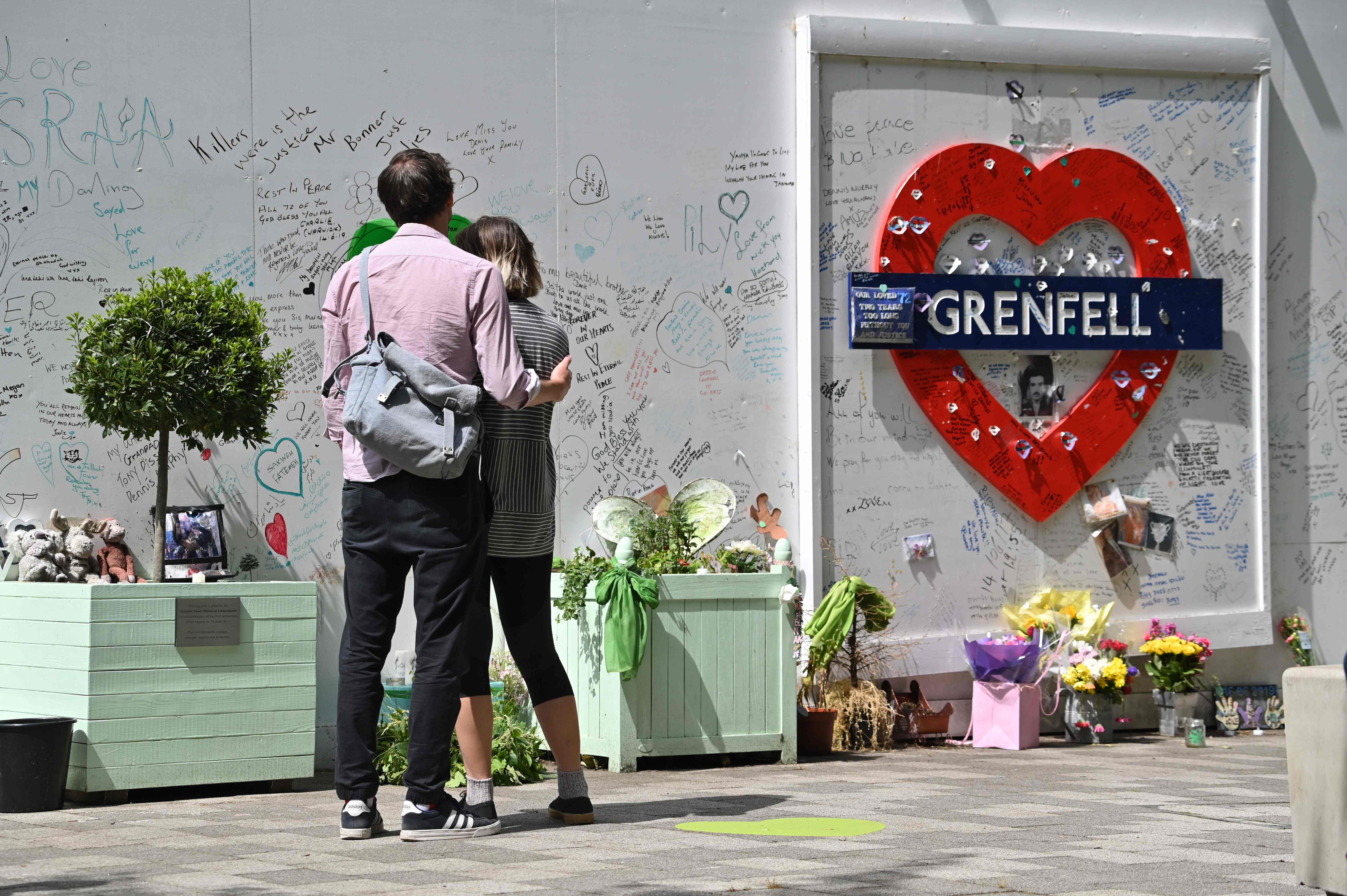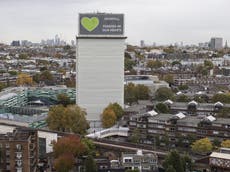Grenfell insulation certificate copied and pasted from manufacturer’s ‘dishonest’ wording
Manufacturer of Rs5000 insulation says some of its employees engaged in ‘unacceptable conduct’

Your support helps us to tell the story
From reproductive rights to climate change to Big Tech, The Independent is on the ground when the story is developing. Whether it's investigating the financials of Elon Musk's pro-Trump PAC or producing our latest documentary, 'The A Word', which shines a light on the American women fighting for reproductive rights, we know how important it is to parse out the facts from the messaging.
At such a critical moment in US history, we need reporters on the ground. Your donation allows us to keep sending journalists to speak to both sides of the story.
The Independent is trusted by Americans across the entire political spectrum. And unlike many other quality news outlets, we choose not to lock Americans out of our reporting and analysis with paywalls. We believe quality journalism should be available to everyone, paid for by those who can afford it.
Your support makes all the difference.A national building regulator issued an insulation certificate for a flammable material used on Grenfell Tower by copying “dishonest” wording about the product’s safety, the inquiry into the fire has heard.
The Local Authority Building Control (LABC) lifted the text word-for-word from Celotex, which produced the Rs5000 insulation.
The description was suggested to LABC in an email by Jonathan Roper, the company’s assistant product manager, in June 2014.
Inquiry lawyer Richard Millett QC asked Mr Roper on Tuesday why the LABC certificate, issued a few months after his email was sent, contained his exact words.
After admitting that he did not know, Mr Roper added: "That's exactly what the business wanted."
He also agreed with Mr Millett that the certificate, which was later used by the building control officer John Hoban during refurbishment work at Grenfell Tower, was “untrue and misleading”.
The words that found their way into the insulation certificate referred to how Rs5000 had passed a key fire safety test, permitting its use on buildings over 18m tall.
However, the inquiry was told on Monday by Celotex employees that the company had manipulated this test by using a fire-resisting material without declaring it.
Rs5000 was taken off the market following the Grenfell Tower fire, which killed 72 people in June 2017.
Celotex, which is owned by the French multinational Saint-Gobain, admitted in a statement to the inquiry that some of its employees had engaged in “unacceptable conduct”.
The company said: "In the course of investigations carried out by Celotex after the Grenfell Tower fire, certain issues emerged concerning the testing, certification and marketing of Celotex's products ... These matters involved unacceptable conduct on the part of a number of employees.
"They should not have happened and Celotex has taken concerted steps to ensure that no such issues reoccur,” the statement added.
Additional reporting by Press Association


Join our commenting forum
Join thought-provoking conversations, follow other Independent readers and see their replies
Comments